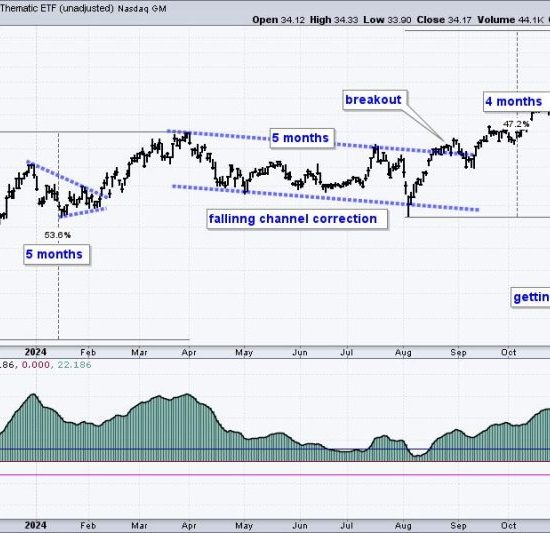DP Trading Room is an excellent resource for those interested in the financial market, offering deep insights and outlooks on various economic phenomena. One topic that has recently sparked their attention and, indeed, the attention of the entire global financial community, is the possibility of deflation.
Deflation is a situation wherein the general price level in an economy is falling. This phenomenon can be profoundly detrimental for an economy as it can cause a negative spiral such as reduced spending, lower profits, job losses, further decrease in prices, and so on. Given the various macroeconomic measures and monetary tools that central banks globally have at their disposal, deflation typically isn’t a rampant issue. However, it’s currently under serious consideration due to certain global financial developments.
The prima facie circumstantial evidence that suggests such a possibility includes a plunge in the price of oil, falling asset prices, declining inflation rates, stagnant wages, and reduced consumer spending. These factors have led some economists and financial institutions like DP Trading Room to foresee a possibility of a deflationary period.
DP Trading Room suggests that to counter deflation, central banks may lower interest rates or introduce quantitative easing to add money into the system, encouraging lending and spending. However, that isn’t always enough as structural changes are required for lasting outcomes. In a globalized market, deflation in one economy can easily spread to others. Therefore, international cooperation to handle a deflationary wave is critical.
As per DP Trading Room, although there’s a potential risk of deflation, it’s not necessarily a must-occur event. There are various economic safeguards in place to prevent full-scale deflation. However, the faint but evident signs can’t be completely ignored.
Oil prices play a crucial role in the potential deflation prediction. Lower oil prices can lead to declining inflation rates as oil is a significant input in most goods & services. A fall in the oil price reduces the cost of production, thereby reducing the prices of goods & services, which may lead to a deflationary situation.
When a deflationary situation arises, consumers often delay purchases in expectation of even lower prices in the future. This causes a decrease in demand, which further adds pressure on companies to reduce prices to encourage buying, leading to a vicious cycle.
The global economy in 2020 shows a dramatic drop in consumer spending due to the pandemic-induced economic devastation, increasing the probability of deflation. However, DP Trading Room emphasizes that a lot depends on how governments and central banks respond to these signals.
For those with investments in the financial market, a potential deflationary period would mean a change in strategies. Commonly, in a deflationary environment, assets like bonds suddenly become appealing, and defensive sectors such as utilities, healthcare, and consumer staples often show stability.
Monitoring these developments is crucial, and DP Trading Room provides just the platform for this purpose. It’s important to note that the potential for deflation doesn’t necessarily translate into economic doom. Effective tracking, policy-making, and preemptive actions can stave off this economic situation. The economic minds at DP Trading Room continue to keenly observe and analyze the global economic indicators to forecast and strategize for an uncertain financial future. Thus, it’s crucial to keep an eye on these developments to make informed decisions.




